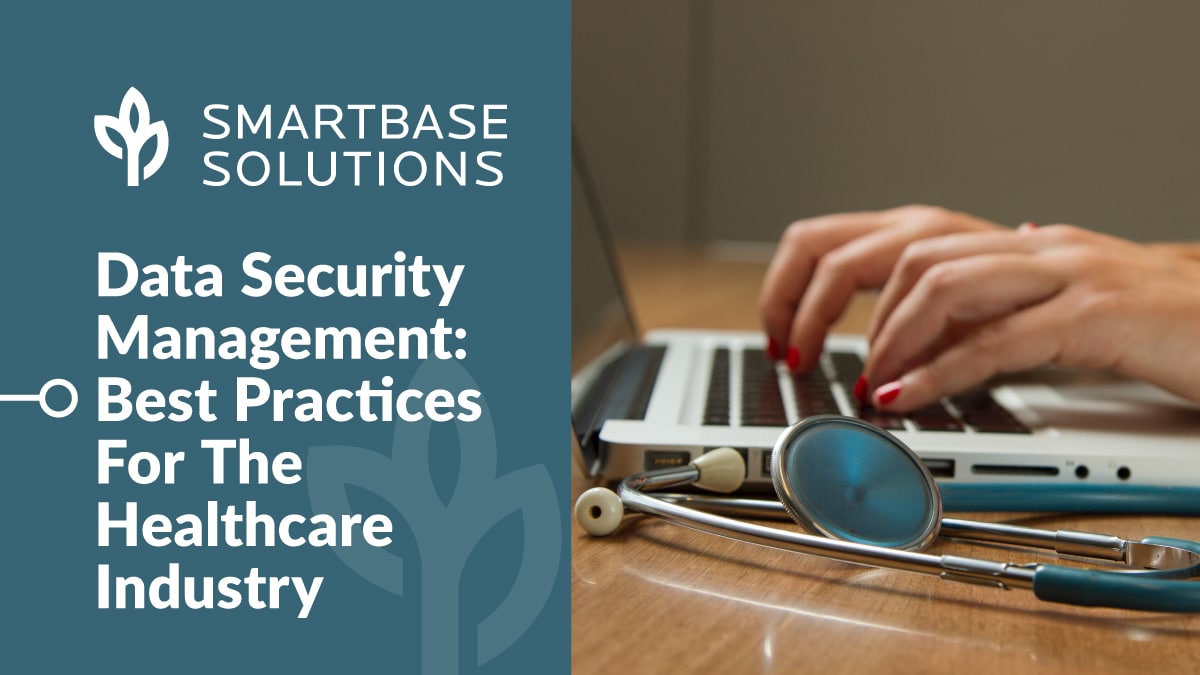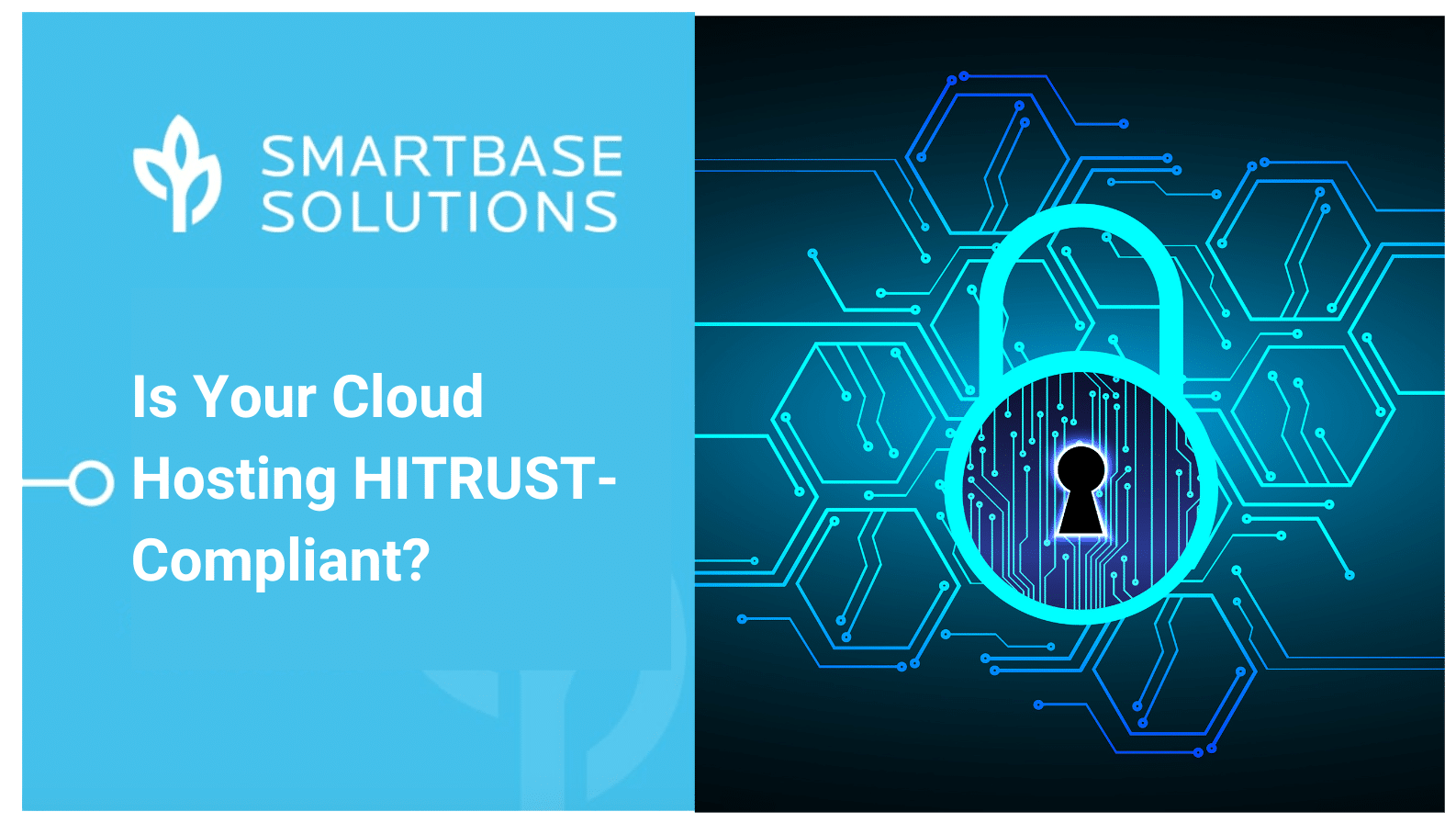Achieving data security compliance is one strategy for safeguarding health information, but abiding by the law is only the bare minimum. Understanding cyber security best practices as they relate to the healthcare industry will help your organization maintain a security-minded culture and holistic approach to data security management.
Why is Data Security Management Important in Healthcare?
Technology is revolutionizing the healthcare industry by enhancing patient care and life-saving capabilities. Unfortunately, the more heavily we rely on virtual techniques, the more vulnerable we are to cyber crimes – as data security and privacy efforts get stronger, cybercriminals become more agile, their tactics even more precise, and the possible results increasingly devastating.
Malware attacks can diminish the effectiveness of systems and breach patient privacy, while distributed denial of service (DDoS) attacks can disrupt patient care – and then there are insider threats and fraud scams to contend with.
Healthcare providers, especially those operating with limited resources, often find themselves stretched thin between delivering quality treatment and ensuring the confidentiality of sensitive data. The goal is not just legal compliance – it’s about fostering an environment of trust and safeguarding the foundations of ethical healthcare practices.
Best Practices for Cyber Security in Healthcare
Here is a list of best practices that will help support your organization’s healthcare data security efforts:
Conduct Holistic Risk Assessments
Risk assessment is the cornerstone of a strong cybersecurity strategy. This involves identifying and analyzing potential vulnerabilities across your systems, networks, and processes. By understanding the specific risks your organization faces, you can prioritize and tailor your security measures to mitigate these threats.
Cultivate a Security Culture
Building a security-first mindset among healthcare staff is crucial for resilient healthcare data security – this involves ongoing education and training programs to raise awareness about the latest cyber threats and best practices. Regularly engaging employees in security awareness activities creates a workforce that is vigilant, informed, and committed to maintaining a secure environment.
Use Encryption for Protection
Implementing encryption protocols for both data in transit and at rest ensures that even if unauthorized access occurs, the information remains unreadable and secure. Encryption not only aligns with industry compliance standards but also reinforces the confidentiality and integrity of patient information. This additional layer of protection is crucial in preventing data breaches, especially as healthcare organizations increasingly rely on digital communication and electronic health records.
Perform Regular System Audits
Regular and systematic audits of virtual systems can identify vulnerabilities and ensure compliance with security standards. These audits should encompass not only the hardware and software infrastructure but also user access and network configurations. By conducting periodic assessments, you can promptly address any potential weaknesses and stay ahead of emerging threats.
Have a Comprehensive Response Plan
Your incident response plan should outline specific actions to be taken in the event of a cybersecurity incident, designate key personnel responsible for executing the plan, and include communication strategies to keep stakeholders informed. Regular testing and simulation exercises will help ensure that the response plan is effective.
Backup Data
In the event of a ransomware attack or data loss, having up-to-date backups allows your organization to restore critical information quickly, minimizing downtime and potential losses. Test the backup and recovery processes often to maintain the safety net against unforeseen cybersecurity incidents that could compromise the integrity of patient data.
Protect Mobile Devices
With the increasing use of mobile devices in healthcare, securing these endpoints is crucial for maintaining data security and privacy. Implementing strong authentication measures, encrypting data stored on mobile devices, and deploying mobile device management solutions can help control the risks associated with mobile technology.
Work with a Reliable Data Security Partner
A reputable partner brings specialized expertise, scalable solutions, and a commitment to data security compliance, allowing healthcare providers to offload the complexities of cybersecurity management. This partnership ensures that organizations can focus on delivering quality patient care while having confidence in the security and integrity of their digital infrastructure.
SmartBase Solutions
SmartBase implements data security management best practices to go above and beyond HIPAA compliance. Contact us to learn how our managed IT solutions will advance your defenses and protect sensitive patient data.




